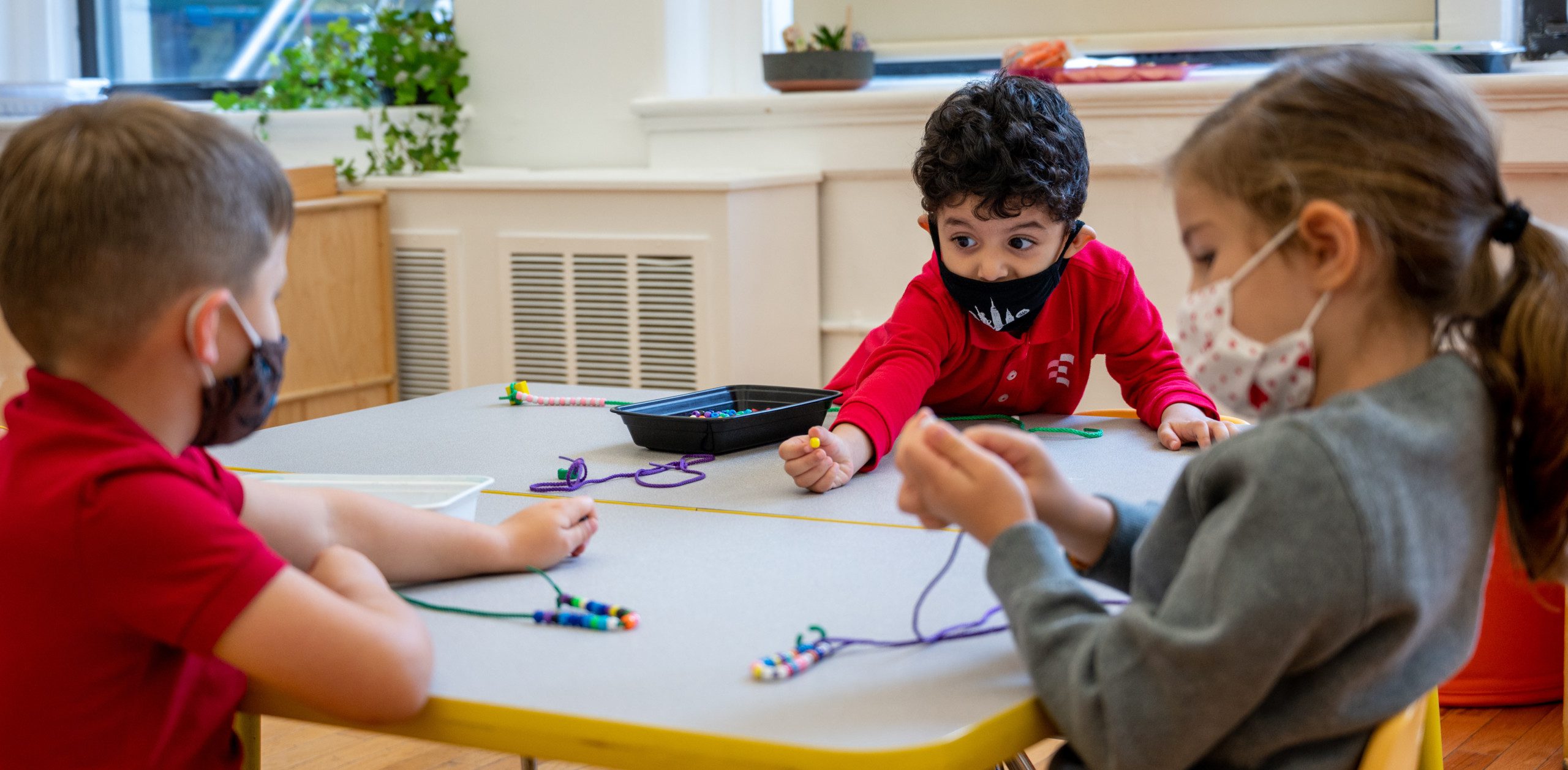I mentioned last week that I haven’t been spending enough time in Maternelle lately. And yet wonderful things are happening there and it is always a huge pleasure—as Laurence will concur—to drop into the classrooms and watch the children learning, playing, and growing. 206—as insiders refer to it—is a unique place where kindness, generosity, and respect are imbued with a special meaning.
Last year I thought that singular energy and état d’esprit was lacking in the Maternelle semesterly report cards. I thought we could do better than a simple checklist of competencies achieved (or not) at the end of each semester. The Maternelle team and I took the time to reflect on our methods of assessment and, on a broader scale, we examined the role that evaluations should play in our teaching practice: what they should and should not be.
Redefining Evaluations
Evaluations should never involve comparing one child’s abilities with another’s—X works faster than Y etc. We do not want to foster that type of competition. Nor should evaluations set the middle ground as the standard to aim for; a method that produces a type of model student who doesn’t work too fast or too slow—the “average student” that my own teachers targeted in their lessons when I was small, without a thought for those who either struggled to keep up or had everything already down pat. To put it bluntly, for us evaluations cannot be separated from the child. They cannot be a snapshot of a given moment devoid of all context. Understanding where the child is in their learning journey and the progress they have made is for us a fundamental part of the work of evaluation.
Once we were certain of what we didn’t want evaluations to be, we were able to set about devising a system of assessment that would focus on the positive. We wanted it to be reflective of each child’s achievements. We wanted it to have precise, clearly defined objectives for each class level—a route map for a pathway of learning. We wanted it to involve the students, so it would mean something for them too, so they would understand why and how they were learning. Finally, we wanted it to be an opportunity for students to give the best of themselves, something that would encourage them to participate and strive to do better, not in relation to some arbitrary standard but in relation to what they are capable of at a given moment: that’s the only type of competition that interests us.
Je valide
As is often the case, an existing tool helped our vision of evaluation take concrete shape. The tool is called Je valide and Maternelle parents are going to discover it this evening (Pre-Nursery parents will receive it a week later, next Friday) when they will receive a link by email to what we continue, despite everything, to call report cards*. I would like to thank Kindergarten teacher Julien Budrino in particular, for his work in sourcing Je valide (an app that was originally developed at the Lycée français in Washington DC), finetuning it so that it is the perfect tool for The École’s needs and coordinating its implementation at our Maternelle. The entire Maternelle team is behind the project and they should all be congratulated for their work, which goes beyond the new format that parents will read (and watch and listen to) this weekend. Je valide has set a whole new classroom dynamic in motion. We are, in fact, witnesses to a little pedagogical revolution that will continue to yield positive results over the coming months and will have an impact on more than just the report cards.
So you see, great things happen at the Maternelle Building when I am not there…here’s hoping there is no correlation!


